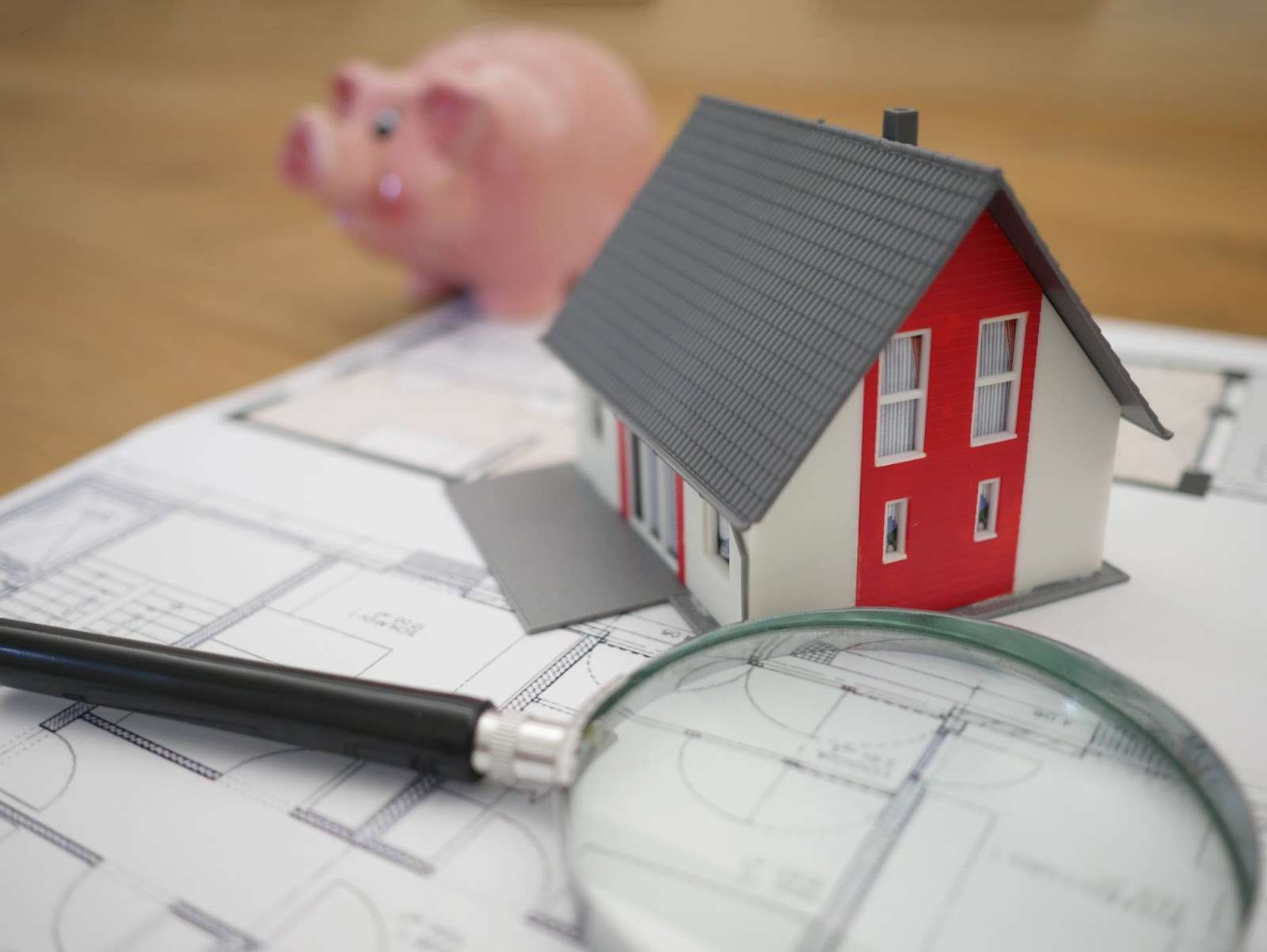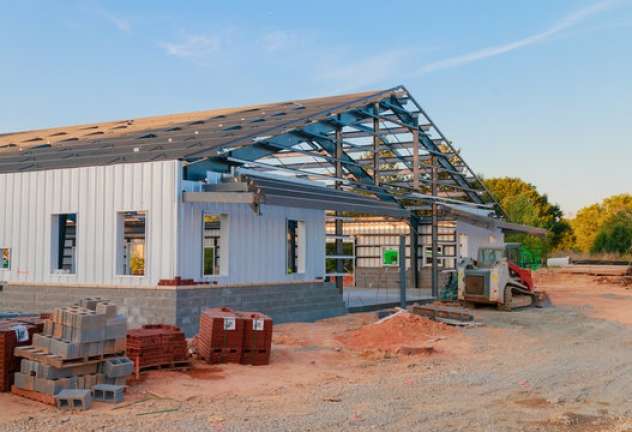It’s no secret that the real estate market took a major hit during the last recession. Property values plummeted, and many people found themselves owing more on their mortgages than their homes were worth.
Now that the pandemic has struck, things are only going to get worse. The market is already starting to tank, and it’s only going to get worse as the pandemic continues to spread. So what can you do to protect yourself? How can you make sure that your home doesn’t become another victim of this disaster?
There isn’t a simple answer, but one thing is for sure: You need to stay ahead of the trends. The post-pandemic real estate market is going to be very different from the one we’re used to, and those who are prepared for it will be the ones who come out ahead.
Home Prices Will Stabilize or Even Decline
The first and most obvious trend is that home prices are going to stabilize or even decline in the next few years. This is already starting to happen, and it’s only going to accelerate as the pandemic continues.
There are several reasons for this. First, people are going to be less likely to move during a pandemic. They don’t want to risk getting sick, and they don’t want to deal with the hassle of moving during such an uncertain time.
Second, under the pandemic influence, people want to move to less densely populated areas. They want more space, and they don’t want to be surrounded by so many people. Nanaimo British Columbia is one example of this. Properties here are already starting to see an increase in demand as people look to escape the city.
Finally, the pandemic has caused a decrease in demand for luxury items. This includes homes, cars, and even vacations. As people become more financially cautious, they’re going to be less likely to buy expensive homes
All of this is going to lead to a decrease in home prices, which will stabilize the market and prevent another housing bubble.
Mortgage Lenders Will Be More Risk-Averse
The mortgage industry was one of the hardest-hit sectors during the last recession, and lenders are still feeling the effects. In the aftermath of the pandemic, lenders will be even more risk-averse when it comes to approving loans. This means that borrowers will need to have strong credit scores and a healthy financial history to qualify for a loan.
Additionally, lenders will likely require larger down payments and higher income levels to offset the increased risk. If you’re thinking of buying a home shortly, it’s important to start saving now so you can be prepared for these changes.
Home Prices Will Fluctuate
The pandemic has caused unprecedented economic uncertainty, which will likely lead to fluctuations in home prices. Some experts predict that prices will drop in the short term as buyers become more cautious. However, others believe that low-interest rates and a decrease in available housing will eventually lead to an increase in prices.
Whatever the case, it’s important to be prepared for a volatile market. If you’re thinking of buying a home, you may want to consider doing so sooner rather than later.
The Housing Market Will Go Virtual
The pandemic has forced many industries to go virtual, and the real estate industry is no exception. More and more agents are using video conferencing and other digital tools to show properties to buyers. This trend is only going to continue as the pandemic continues and people become more comfortable with virtual interaction.
For example, some agents are now offering 3D virtual tours of properties. This allows buyers to get a realistic view of the property without having to physically go there. Other agents are using drones to take aerial footage of homes, which gives buyers a unique perspective.
Sustainability Will Become a Major Concern
The only good thing about the pandemic is that it has made people more aware of the importance of sustainability. This is especially true for millennials, who are now the largest home-buying demographic.
As a result of this, sustainable features are going to become increasingly important in the post-pandemic real estate market. Some examples of sustainable features include solar panels, energy-efficient appliances, and green building materials.
On the other hand, properties that are not sustainable will become less desirable, and their value will depreciate. If you’re thinking of selling your home in the future, it’s important to make sure it has sustainable features.
There Will Be More Rental Properties
Consequently, the pandemic has caused many people to lose their jobs or experience a decrease in income. This has led to an increase in the demand for rental properties, as people are unable to afford to buy a home.
Investors are already starting to take advantage of this trend by buying up properties and turning them into rentals. If you’re thinking of investing in real estate, now is the time to do it.
Multigenerational Households Will IncreaseThe pandemic has forced many people to move in with family or friends to save money. This trend is known as “multigenerational living,” and it’s only going to become more common in the post-pandemic world.
As a result of this, there will be an increased demand for homes with multiple bedrooms and bathrooms. If you have a property that fits this description, now is the time to list it.
Builders Will Focus on Smaller Homes
This is the opposite of multigenerational living, people are now looking for smaller homes that are easier to clean and maintain. This trend is being driven by the fact that people are spending more time at home and have less need for a large living space.
The pandemic has led to a decrease in the need for traditional office space as well. With more people working from home, there is no need for large, expensive office buildings. As a result, builders are going to start constructing flexible spaces that can be used for a variety of purposes. Small and functional, these homes will be perfect for the post-pandemic world.
The post-pandemic real estate market is going to be very different from the one we currently know. It’s important to stay ahead of these emerging trends so you can make the best decisions for your financial future.
















